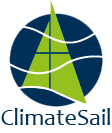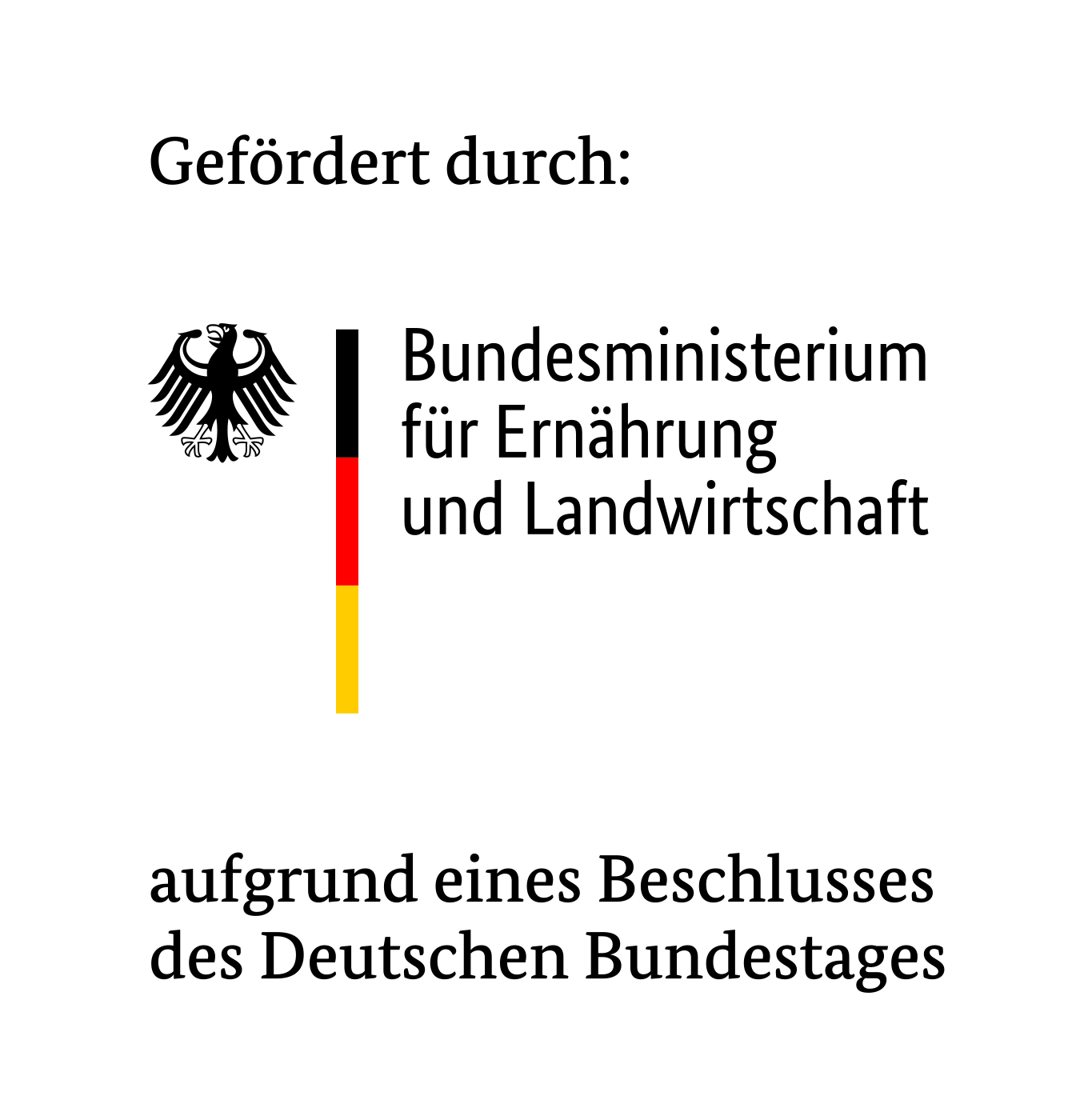
ClimateSail 2022
Information events and educational projects in cooperation with "Evangelische Jugend in ländlichen Räumen" (Evangelical Youth in Rural Areas)




Under the motto "ClimateSail 2022", we want to discover and learn to preserve the rural coastal region with its structure and culture and the Baltic Sea as a habitat worth protecting and to learn about environmental and climate protection in rural areas on board a traditional sailing schooner in the coastal waters of Schleswig-Holstein and Mecklenburg-Vorpommern.
On the resource-limited living space of a sailing schooner, the groups learn to live in a simple lifestyle and to eat together mostly vegetarian with regional and organic food. To this end, we have agreements with regional producers and buying groups who supply us with products from the region. The young people learn about the marine biological situation of the Baltic Sea and the effects of human activities on the environmental situation. Through practical activities such as setting sail, exercises in marine research and cooking together in a climate-friendly way, they experience themselves as part of a committed team. During the 5-10 day projects on a sailing ship, the groups are trained in terms of content and outdoor education in the spirit of Education for Sustainable Development. The ship as a place of learning offers the opportunity not only to learn and research about wind and weather, but also to experience nature at first hand. The environmental situation of the Baltic Sea is explored with our mobile laboratory and knowledge about water quality, eutrophication, invasive species, marine biological habitat systems is imparted. Particular emphasis is placed on the impact of agriculture and fisheries on the environmental situation. Input of fertiliser into the Baltic Sea leads to eutrophication, fishing is limited by catch quotas, tourism, especially in rural coastal regions, affects the economic and environmental situation in rural areas.
The ship is a world in miniature format, the resources in the area, electricity, fresh water and provisions are limited and it has to be learned how to deal with them. In addition to these learning elements, topics such as climate justice and political action are experienced using various methods.


With the marine science lab we explore the environmental situation of the Baltic Sea.
Description of goals:
- The participants learn about the connections between the economy, food production and the environmental situation in rural areas, using the example of the coastal region.
- The participants learn the use of regional products.
- The participants learn about and evaluate marine biological connections and the effects of climate change on the sea, using the Baltic Sea as an example.
- They learn to cope with few resources in the limited living space of a ship and to move CO2-neutrally with the wind.
- In doing so, they experience living as a community across countries and cultures, which only works if everyone participates, whether in setting sails, cooking or organising the programme.

A ClimateSail crew on board the traditional sailing vessel.
Contents and topics:
- Marine science experiments with our mobile marine science laboratory (research of water quality, bio-chemical parameters, determination of flora and fauna).
- Effects of climate change on the situation of the oceans (regional and international)
- Exploration of the seabed (underwater drone) and recognition of the greatly reduced biodiversity of the Baltic Sea
- Rise in sea level due to polar ice melt and effects on coastal situation
- Cooking with regional products
- Fishing industry in the northern German coastal region
- Investigation into eutrophication of the Baltic Sea due to fertiliser and wastewater discharges
- Microplastics in the sea and their impact on food chains
- Introduction of invasive species through global shipping
- CO2-free mobility: navigation and sailing manoeuvres on a traditional sailing vessel
- Individual and national "ecological footprint" (global situation)
The following information events and educational projects will be held:
Date | ClimateSail project | Participation fee |
22.06.; 10.9.;30.9. | Multiplikatoren Tages-Informationsveranstaltung | 20 € pro Person |
02.07.-07.07. | Klimasail Törn | 150 € pro Person |
02.07.-11.07. | Klimasail + Heidkate Projekt 1 | 180 € pro Person |
06.07.-22.07. | Klimasail – Auslandsfahrt zur Klimahauptstadt Oslo | 250 € pro Person |
12.07.-22.07. | Klimasail + Heidkate Projekt 2 | 220 € pro Person |
16.07.-31.07. | Klimasail – Auslandsfahrt zur Klimahauptstadt Oslo | 200 € pro Person |
17.07.-27.07. | Klimasail + Heidkate Projekt 3 | 250 € pro Person |
22.07.-01.08. | Klimasail + Heidkate Projekt 4 | 250 € pro Person |
23.07.-29.07. | Klimasail Törn | 120 € pro Person |
29.07.-03.08. | Klimasail - Törn | 120 € pro Person |
03.08.-12.08. | Klimasail - Törn | 240 € pro Person |
15.08.-27.08. | Klimasail Multiplikatoren Projekt | 350 € pro Person |
5.10.-9.10. | Klimalotsen Multiplikatoren Projekt | 150 € pro Person |
We offer the following types of events during "ClimateSail 2022":
- 4 ClimateSail cruises (exclusively on a ship)
- 2 international ClimateSail cruises (combined stay on a ship and in a house)
- 4 so called "ClimateSail+Heidkate" projects (combined stay on a ship and in a house)
- 2 mulitplier projects
- 3 mulitplier day events
More informationen can be found at www.klar-zur-wende.org (German).


ClimateSail participants lead a discussion with the mayor of Flensburg (Germany). And they also explore a wind farm.
Typical schedule of a "ClimateSail 2022" cruise:
Day | Programme |
1 | Arrival of the participants and settling in on board the sailing schooner, getting to know the ship, provisioning with regional food. Getting to know each other evening with introduction to the program of the week. |
2 | Departure and instructions in operation of the sailing ship, introduction to sailing maneuvers and navigation - "together we sail a big ship". Session: marine biological environmental situation of the Baltic Sea, eutrophication, microplastics, effects of commercial shipping |
3 | Thematic discussion: Fishing and tourism as economic and environmental factors in rural areas Exploration of small ports and their infrastructure |
4 | Schiffsverkehr auf der Ostsee, Mobilität und Gefahren für die Umwelt |
5 | Marine biological studies, biodiversity of the Baltic Sea Current state of research on climate change and global impacts |
6 | Simulation game "climate policy", ecological footprint and handprint, the "world distribution game". |
7 | Session: Living in rural areas - between agriculture and small town infrastructure. Cooking with regional and organic products. Curbing food waste. |
8 | Evaluation, cleaning up the ship and saying farewell. |
More information and contact:
Junge Nordkirche
Koppelsberg 5
24306 Plön
Christoph Bauch
christoph.bauch[at]junge.nordkirche.de


